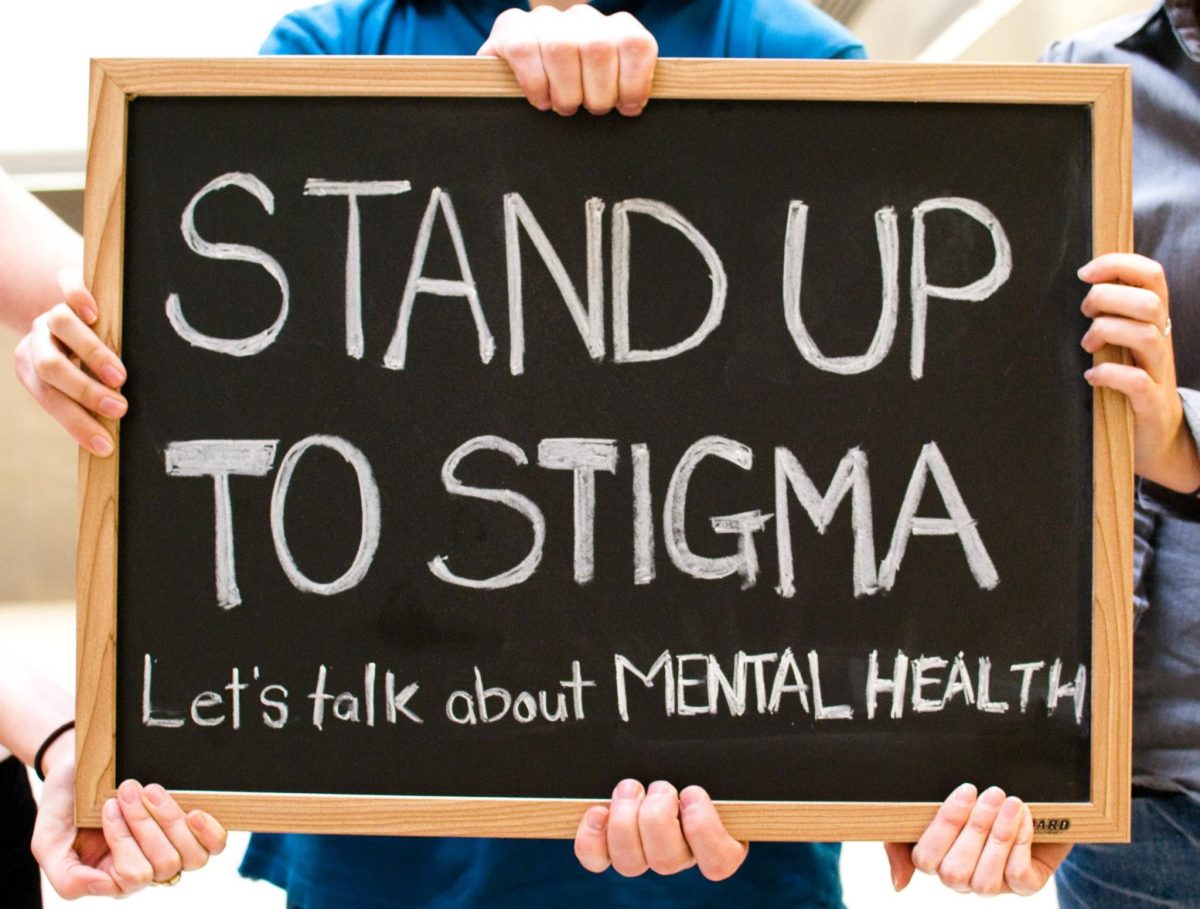Mental health is a crucial aspect of overall well-being, yet there is still a significant stigma surrounding it, preventing many individuals from seeking the help they need. While mental health stigma affects both men and women, men particularly face additional challenges when it comes to addressing mental health issues.
The Unique Stigma Faced by Men
Traditional gender roles and societal expectations often place undue pressure on men to be strong, stoic, and unemotional. This can create barriers for men in acknowledging and seeking support for their mental health struggles, as they fear being perceived as weak or vulnerable. The stigma associated with mental health in men may prevent them from discussing their emotions, expressing vulnerability, or openly seeking help to address their mental health concerns.
Recognizing the Signs of Mental Health Issues in Men
It is crucial to raise awareness and educate people about the signs of mental health issues in men. Often, symptoms of mental health disorders in men may manifest differently than in women, making them harder to identify. Common signs of mental health issues in men may include increased irritability, anger, substance abuse, risk-taking behaviors, or physical complaints such as headaches or stomachaches. Recognizing these symptoms can help individuals identify when they or someone they know might be in need of support.
Encouraging Open Conversations
Breaking the stigma surrounding mental health in men requires fostering open conversations about mental health. Encouraging men to talk about their emotions and feelings without judgment can help create a safe environment where they feel more comfortable seeking support. Men need to understand that seeking help is a sign of strength rather than weakness and that their mental health is just as important as their physical well-being. Additionally, it is crucial for friends, family, and healthcare providers to actively listen and offer support. By actively engaging in meaningful conversations, we can break down barriers that prevent men from seeking help and make it easier for them to address their mental health concerns.
Dispelling Misconceptions and Promoting Mental Well-being
To combat mental health stigma in men, it is vital to dispel common misconceptions. For example, promoting the idea that seeking therapy or counseling is a healthy and beneficial practice can help remove the negative associations attached to it. Education about mental health disorders and available treatment options can also play a significant role in reducing stigma. Furthermore, promoting self-care activities, such as exercise, meditation, and healthy coping mechanisms, can contribute to overall mental well-being and help men develop positive strategies to manage their mental health effectively.
Addressing mental health stigma in men is crucial for promoting overall well-being. By recognizing the unique challenges faced by men and promoting open conversations, dispelling misconceptions, and encouraging self-care, we can create a society where men feel comfortable seeking support for their mental health concerns. Let us work together to break down the barriers that prevent men from accessing the help they need and deserve. © 2022 Mental Health Awareness Organization | All rights reserved.

